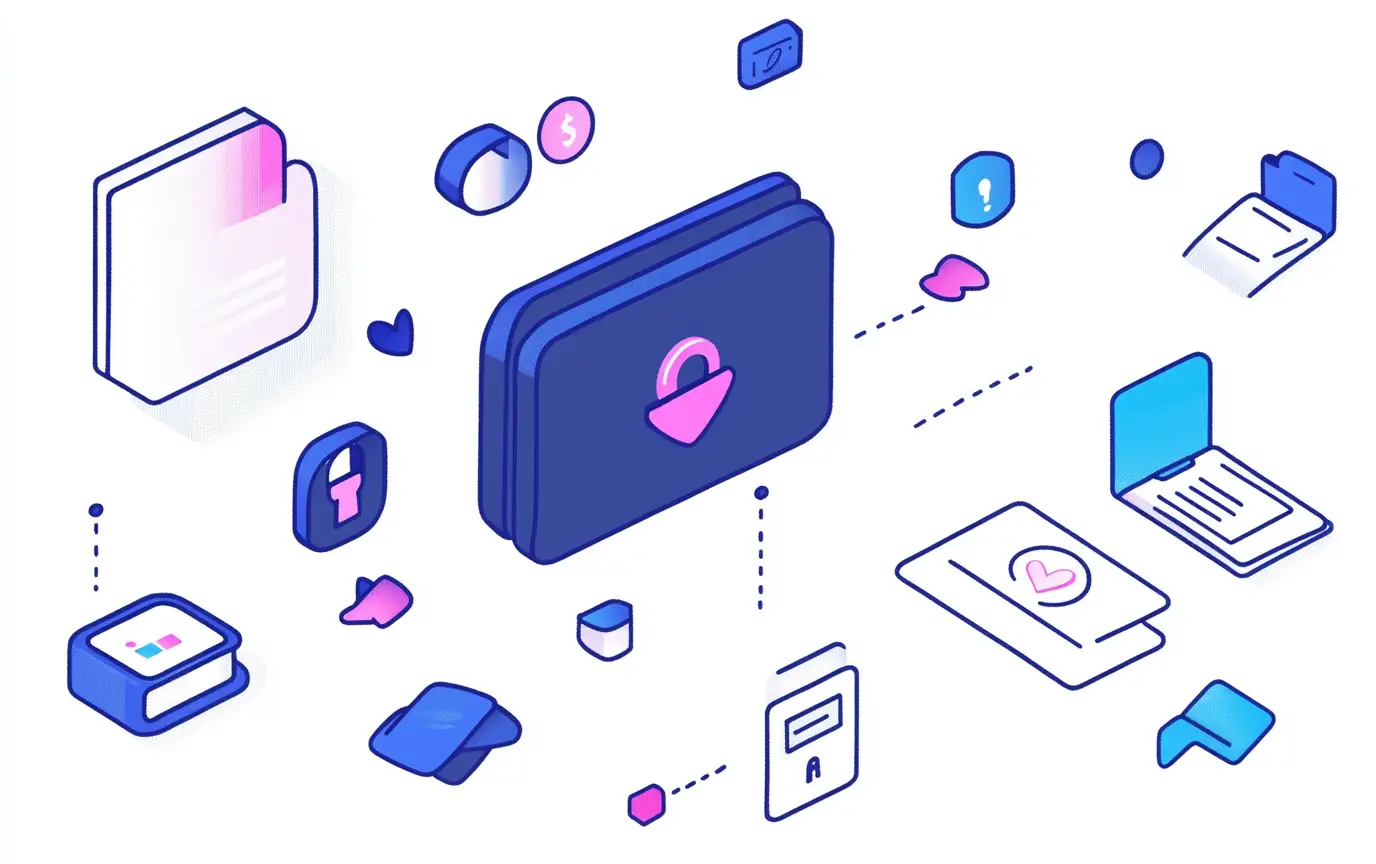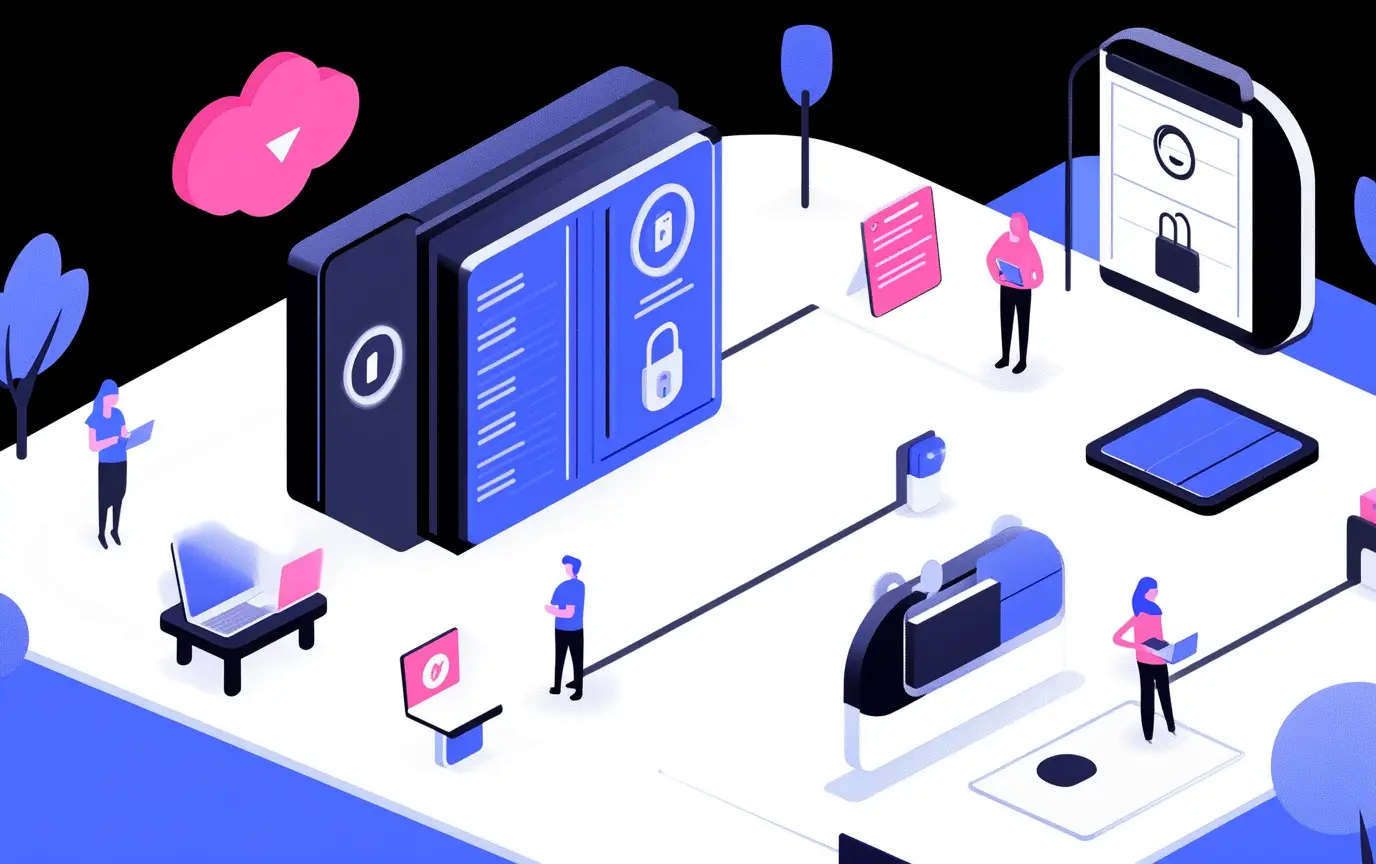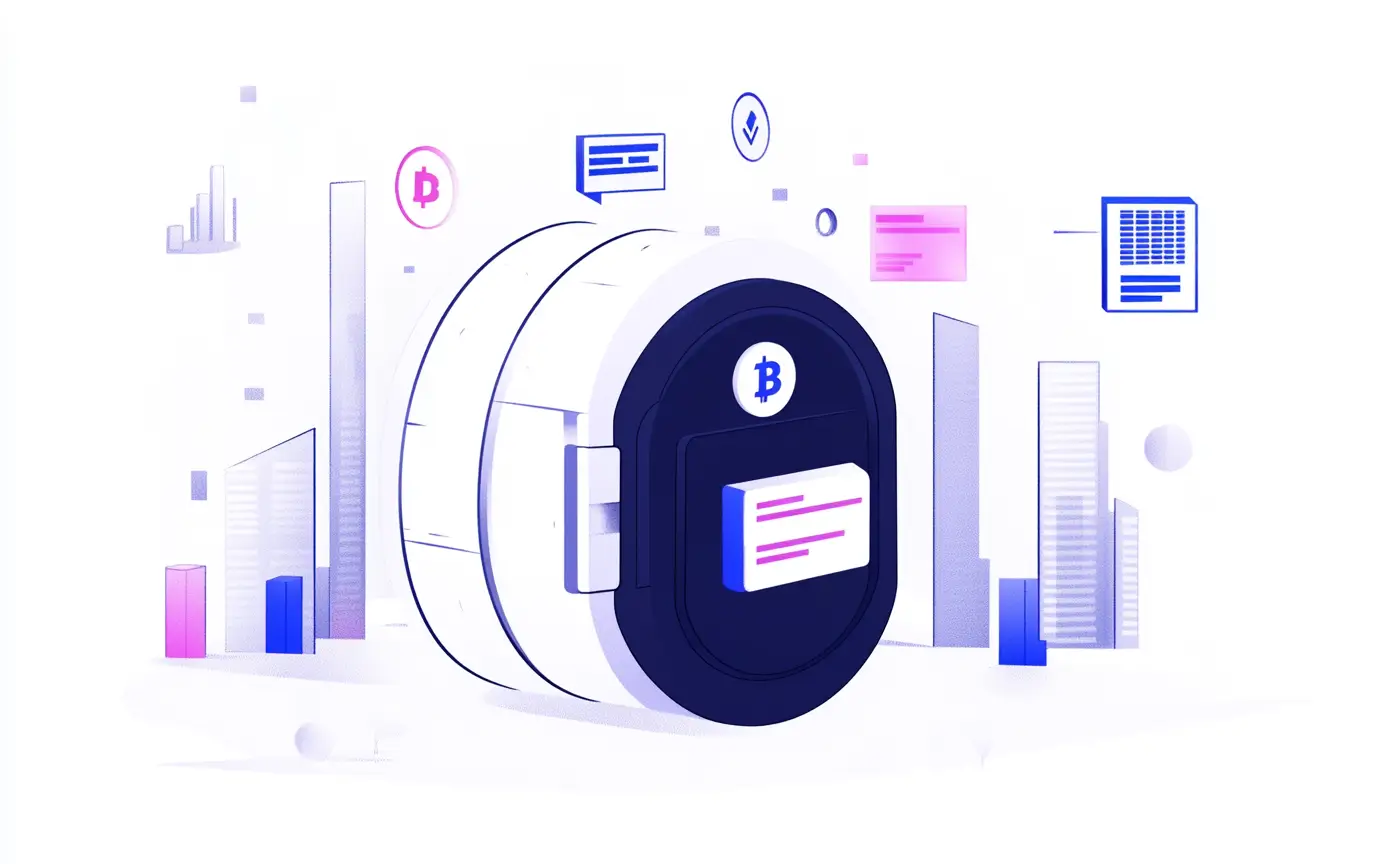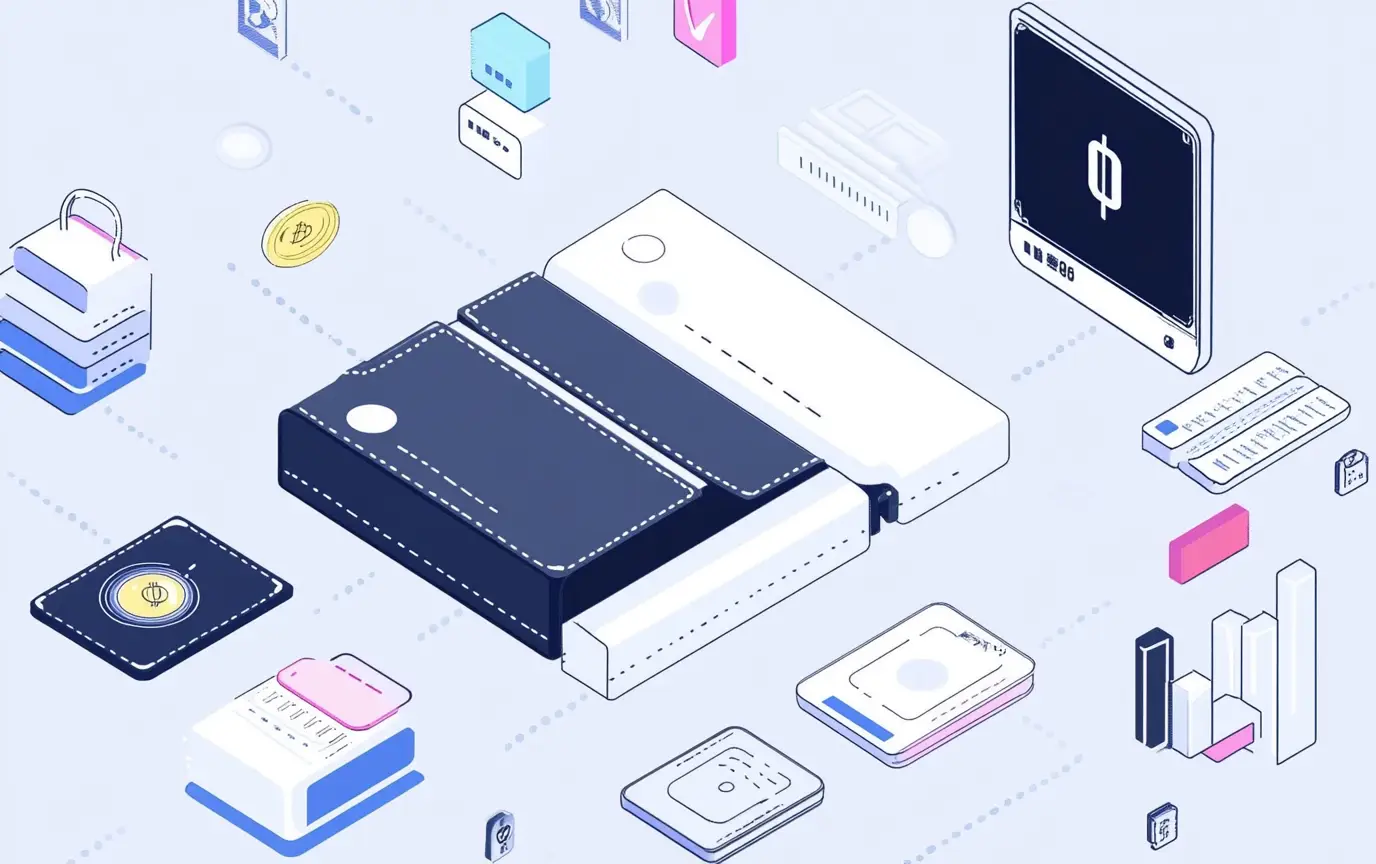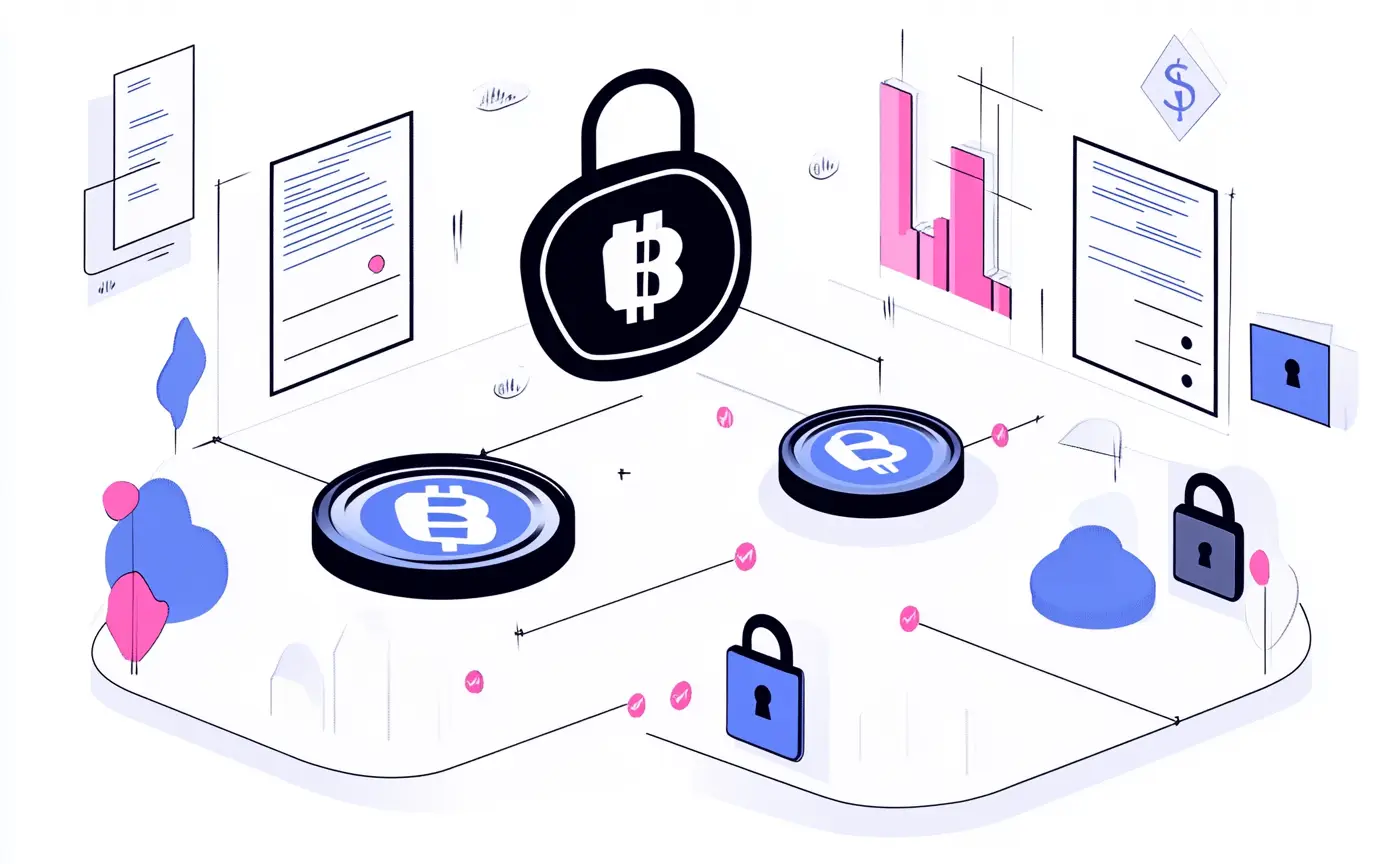Essential Wallet Security Measures: Safeguarding Your Private Keys
In the realm of cryptocurrency, the security of your digital assets should be your primary concern. The ever-evolving landscape of cyber threats necessitates a comprehensive understanding of how to safeguard your private keys and protect your investments. This guide delves deep into essential wallet security measures, providing you with insights to navigate this complex world with confidence.
Understanding Crypto Wallet Security
When we talk about crypto wallet security, we are not merely touching upon a single aspect. It involves a multifaceted approach aimed at protecting your private keys and digital assets against a myriad of threats. Each layer of security you implement adds a barrier against potential breaches.
Common Threats
As you venture into the world of digital currencies, be aware of the common threats lurking in the shadows.
- Phishing: This is a prevalent method used by scammers to deceive unsuspecting users into revealing their private keys or login credentials. They may send emails that appear legitimate, urging you to click on links that lead to counterfeit websites.
- Malware: This insidious software can infiltrate your device, often without your knowledge, and syphon off sensitive information. Regularly scanning your devices for malware can help mitigate this risk.
- Physical Theft: Consider the scenario where your hardware wallet or even your device is stolen. If your device isn’t secured, the thief could easily gain access to your funds.
- Public Wi-Fi Risks: Using public Wi-Fi networks is akin to leaving your front door wide open. Hackers can intercept your data, making it crucial to avoid accessing your wallet on unsecured networks.
Best Practices for Enhancing Crypto Wallet Security
In light of these threats, implementing best practices is essential.
1. Using Strong and Unique Passwords
Creating a strong and unique password is your first line of defence. Here are some vital tips:
- Complexity: Craft a password with a mix of uppercase and lowercase letters, numbers, and symbols.
- Length: Aim for at least 12 to 16 characters. The longer, the better.
- Uniqueness: Never recycle passwords across different accounts. Each password should serve a single purpose.
- Password Manager: Consider employing a password manager. These tools can securely store and generate strong passwords for you, making your life significantly easier.
2. Enabling Two-Factor Authentication (2FA)
Adding an extra layer of security through two-factor authentication can drastically enhance your wallet’s protection. By requiring a second form of verification, you reduce the risk of unauthorised access.
- Methods: You might choose SMS-based codes, authenticator apps, or even hardware tokens. Each method has its strengths, so select one that fits your lifestyle.
- Implementation: Ensure that 2FA is enabled not just for logging in, but also for transaction authorisations.
3. Keeping Software Up-to-Date
Software updates are not just about new features; they often include crucial security patches.
- Automatic Updates: If your wallet software supports it, enable automatic updates. This ensures you receive the latest security enhancements without having to think about it.
- Manual Checks: Even with automatic options, periodically check for updates. Install them promptly when they become available to stay ahead of potential vulnerabilities.
4. Regularly Backing Up Your Wallet
Backing up your wallet is akin to having an insurance policy for your funds. In case of hardware failure, loss, or theft, a backup ensures your investments remain safe.
- Multiple Backups: Keep several encrypted backups in secure locations. Consider using external hard drives or trusted cloud storage solutions.
- Testing Backups: Regularly test your backups to confirm they work as intended. The last thing you want is to discover a backup is faulty when it’s needed most.
5. Using Hardware Wallets for Storage
Hardware wallets offer a robust solution by keeping your private keys offline, away from the prying eyes of hackers.
- Reputable Providers: Opt for well-known hardware wallet providers like Ledger or Trezor. Their established track record speaks volumes about their reliability.
- Features: Look for wallets equipped with secure element chips, BOLOS operating systems, and passphrase encryption. These features enhance security and deter unauthorised access.
Advanced Crypto Wallet Security Techniques
For those ready to take their security measures a step further, consider these advanced techniques.
1. Using Multi-Signature Wallets
Multi-signature wallets are designed for added security, requiring multiple private keys to authorise transactions. This approach significantly mitigates risks.
- Setup: You can set up a wallet that requires two out of three keys to authorise a transaction, for instance.
- Use Cases: This is particularly beneficial for partnerships or organisations that require an additional layer of protection against fraud.
2. Enabling Passphrase Encryption
Passphrase encryption is another layer of security, requiring a custom word or phrase alongside your seed phrase to unlock the wallet.
- Implementation: Use wallets like Ledger Flex or Trezor Safe 5 that incorporate this feature. It acts as a hidden layer of security.
- Benefits: This process creates a hidden wallet accessible only with the correct passphrase, adding another layer of security to your investments.
3. Implementing Shamir’s Secret Sharing
Shamir’s Secret Sharing is a cryptographic technique that splits a secret into multiple parts. Each part is useless on its own but can reconstruct the whole when combined.
- Setup: For added security, split your seed phrase into several shares and require a specific number of shares to recover your wallet.
- Benefits: This method allows you to distribute shares among different locations or trusted individuals, providing an extra level of flexibility and security.
Additional Security Measures
Beyond the previously discussed strategies, there are additional measures you can implement to further secure your crypto wallet.
Avoiding Public Wi-Fi Networks
Refrain from conducting any cryptocurrency-related activities on public Wi-Fi networks. The risks of data interception are too high.
- VPN: If you must access your wallet while on the go, consider using a virtual private network (VPN). This creates a secure connection that encrypts your data, reducing the risk of interception.
Verifying the Wallet’s Source Code
When using open-source wallets, ensure the authenticity and integrity of the source code.
- Community Audit: Look for wallets that have been audited by the community. This can help identify vulnerabilities and ensure the software is trustworthy.
- Developer Reputation: Research the developer’s reputation. Check user reviews and feedback, as community opinions can be invaluable in assessing a wallet’s reliability.
Implementing Anti-Malware Measures
Safeguarding your device from malware should be a priority.
- Clipboard Monitoring: Use features like clipboard monitoring to detect any unauthorised changes to sensitive information.
- Encryption: Encrypt sensitive data in memory and implement session timeouts. This adds a layer of protection against unauthorised access.
Choosing a Secure Crypto Wallet
Selecting a secure crypto wallet is fundamental in safeguarding your assets.
Control Over Private Keys
Ensure that your chosen wallet provides you with complete control over your private keys.
- Non-Custodial Wallets: Opt for non-custodial wallets like Ledger Flex or Trezor Safe 5. These wallets allow you to maintain ownership and control over your keys.
Reputation and Reviews
Before making a decision, research the provider’s reputation thoroughly.
- Community Feedback: Consult user reviews and check forums. Opt for wallets that have garnered positive feedback from the crypto community. This can provide insights into the wallet’s reliability and security features.
Development and Support
Select providers with active development teams that consistently release software updates and security patches.
- Customer Support: Ensure that the provider offers responsive customer support. This will be crucial if you encounter any issues or require assistance.
As you explore the world of cryptocurrency, remember that securing your assets is not just about adopting a single method. It requires a combination of basic and advanced security measures tailored to your needs. By integrating these practices into your routine, you fortify your digital fortresses against the ever-present threats in the crypto landscape.## Evaluating Wallet Features
When considering a crypto wallet, it’s crucial to evaluate the various features offered. Each wallet has unique characteristics that cater to different user needs.
User Interface and Experience
A wallet should be intuitive and user-friendly. When navigating through your assets, simplicity can make a significant difference.
- Design: Look for wallets with clean, straightforward designs. A cluttered interface can lead to mistakes, particularly when executing transactions.
- Accessibility: Ensure that the wallet is accessible across multiple devices. A wallet available on both mobile and desktop offers flexibility for everyday use.
Transaction Fees
Transaction fees can vary significantly between wallets. Understanding these fees is essential to avoid unexpected costs.
- Fee Structures: Investigate how each wallet structures its fees. Some may charge a flat fee, while others take a percentage of the transaction amount.
- Hidden Costs: Be wary of hidden costs that may arise during transactions. Always read the fine print to ensure there are no unpleasant surprises.
Keeping Your Wallet Secure
Even with the best wallet, security remains a shared responsibility. Continually evaluating your practices will help you stay ahead of potential threats.
Regularly Reviewing Security Practices
It’s vital to regularly assess your security practices. As the crypto landscape evolves, so too do the methods employed by malicious actors.
- Self-Audit: Conduct a personal audit of your security measures. This could include checking the strength of your passwords or ensuring your 2FA is still active.
- Awareness: Stay informed about the latest security threats. Follow reputable sources that provide updates on scams, phishing attempts, or vulnerable software.
Educating Yourself on Cryptocurrency
Knowledge is power in the world of cryptocurrency. Understanding the basics of how the technology works can provide you with insights that enhance your security.
- Research: Dedicate time to learn about blockchain technology, the principles of crypto trading, and the evolving regulatory landscape. Knowledge of these areas will help you make informed decisions.
- Community Engagement: Join online forums or attend local meetups. Engaging with the community can provide both insights and practical advice from experienced users.
Handling Crypto Transactions Safely
When it comes to making transactions with your crypto assets, being cautious is key.
Verifying Transaction Details
Before confirming any transaction, always double-check the details.
- Recipient Address: Ensure that the recipient’s address is correct. A single character error can lead to irreversible losses.
- Transaction Amount: Confirm the amount you intend to send. Double-checking can save you from costly mistakes.
Using Test Transactions
If you are unsure about a transaction or are sending to a new address, consider executing a test transaction.
- Small Amounts: Start with a small amount to ensure everything functions correctly. This approach minimises risk while providing peace of mind.
- Verification of Receipt: Once the test transaction is confirmed, verify that the recipient received the funds. This step ensures that everything is working as intended before proceeding with larger transactions.
Maintaining Privacy in Crypto Transactions
Privacy is a crucial aspect of cryptocurrency transactions. Securing your anonymity can protect you from unwanted scrutiny.
Utilizing Privacy Coins
Consider using privacy-focused cryptocurrencies for transactions requiring more confidentiality.
- Examples: Coins like Monero and Zcash are designed to enhance user privacy. They use advanced cryptographic techniques to obscure transaction data.
- Usage: If privacy is a concern, ensure that the wallet you choose supports these privacy coins. Not all wallets are equipped for handling such currencies.
Implementing Decentralized Exchanges
Trading through decentralised exchanges (DEX) can offer a higher level of privacy compared to traditional exchanges.
- Benefits: DEXs often require less personal information and can provide anonymity. They facilitate peer-to-peer trading without the need for a centralised authority.
- Considerations: However, while decentralised exchanges enhance privacy, they may come with various risks. Always conduct thorough research before engaging with any platform.
Staying Updated on Security Trends
The cryptocurrency landscape is continuously evolving, and so are the security measures that accompany it.
Following Cybersecurity Developments
Regularly monitor developments in the cybersecurity sector.
- News Outlets: Subscribe to cryptocurrency news platforms and cybersecurity blogs. They often cover the latest threats, security breaches, and protective practices.
- Alerts: Consider setting up alerts for news related to cryptocurrency security. This proactive approach ensures you remain informed about potential risks.
Engaging with Security Tools
Utilising security tools can drastically improve your wallet’s safety.
- Anti-Virus Software: Invest in reputable anti-virus software to protect your devices from malware attacks. Keep it updated to ensure the best level of protection.
- Cold Storage Solutions: For long-term storage of significant amounts of cryptocurrency, consider using cold storage solutions. These are offline wallets that drastically reduce vulnerability to online threats.
Preparing for Potential Loss
Despite taking all possible precautions, some elements may still be out of your control. It’s wise to prepare for potential loss.
Understanding Recovery Options
Familiarise yourself with the recovery options available for your wallet.
- Seed Phrase: Ensure you have a secure backup of your wallet’s seed phrase. This phrase is often required for wallet recovery in the event of loss or theft.
- Support Resources: Identify the support resources available for your wallet provider. Understanding how to efficiently recover your assets can save you time and frustration.
Financial Planning
Having a financial plan in place can cushion the impact of a potential loss.
- Diversification: Don’t put all your investments into one asset or wallet. Diversification can help mitigate losses and protect your overall portfolio.
- Emergency Fund: Consider setting aside an emergency fund separate from your crypto investments. This fund can be invaluable in cases of loss or unexpected expenses.
Conclusion
As the cryptocurrency landscape continues to grow, securing your digital assets remains a vital endeavour. By understanding the intricacies of wallet security, you empower yourself to make informed decisions that protect your investments. Implementing strong passwords, enabling two-factor authentication, and regularly updating your security measures are just the beginning.
Choosing the right wallet, maintaining privacy, and staying informed about the latest security trends can significantly enhance your protection against threats. The landscape may be fraught with challenges, but with diligence and knowledge, you can navigate it effectively. Your journey into the world of cryptocurrency can be rewarding, but it demands respect for security and a proactive approach to safeguarding your assets.
Want to know when and how to start trading? Subscribe to our Telegram-channel: https://t.me/volitybeat or access the financial markets directly, risk-free at https://volity.io/.
